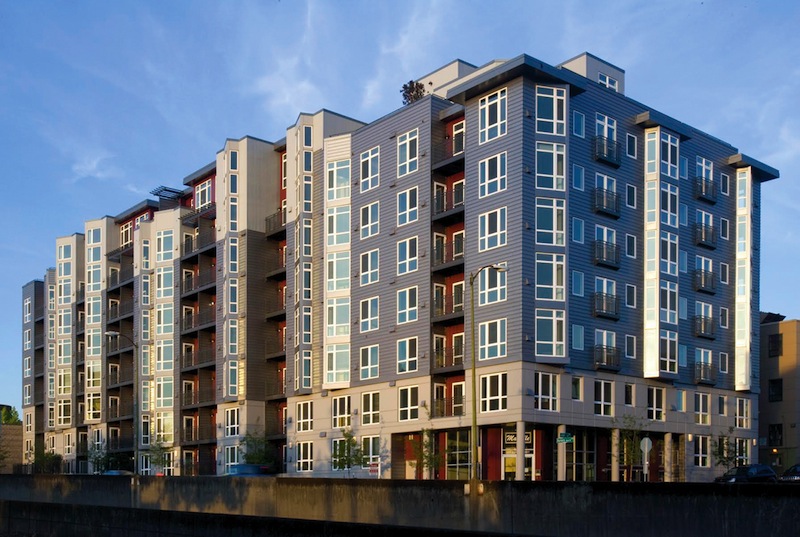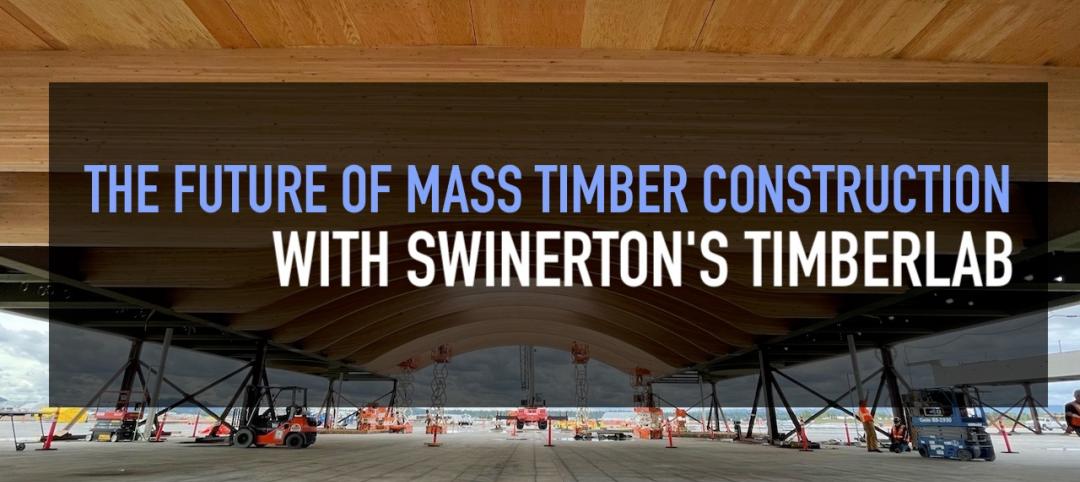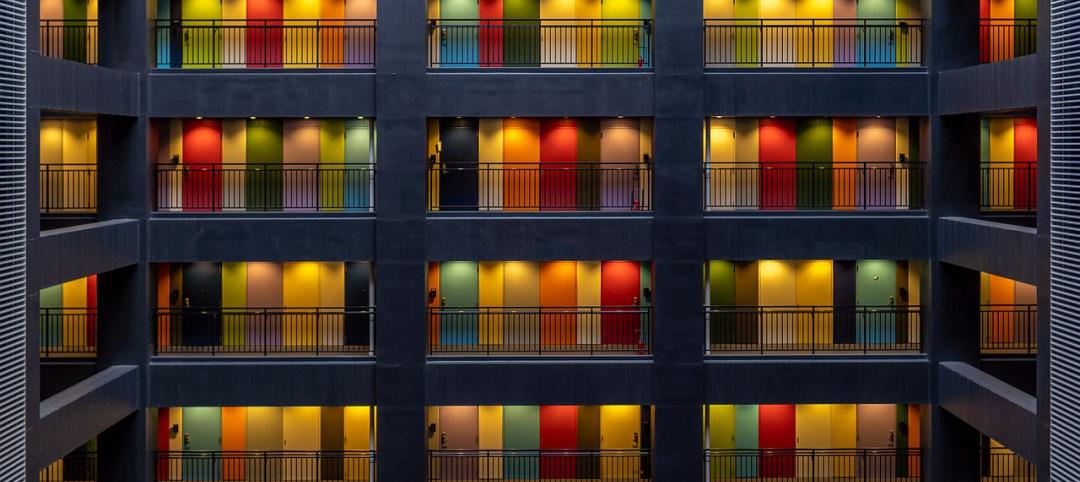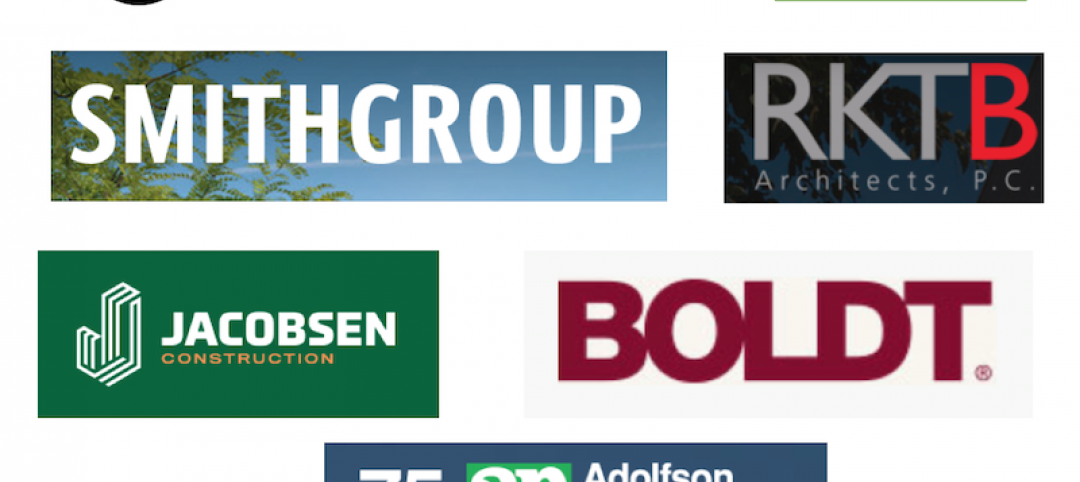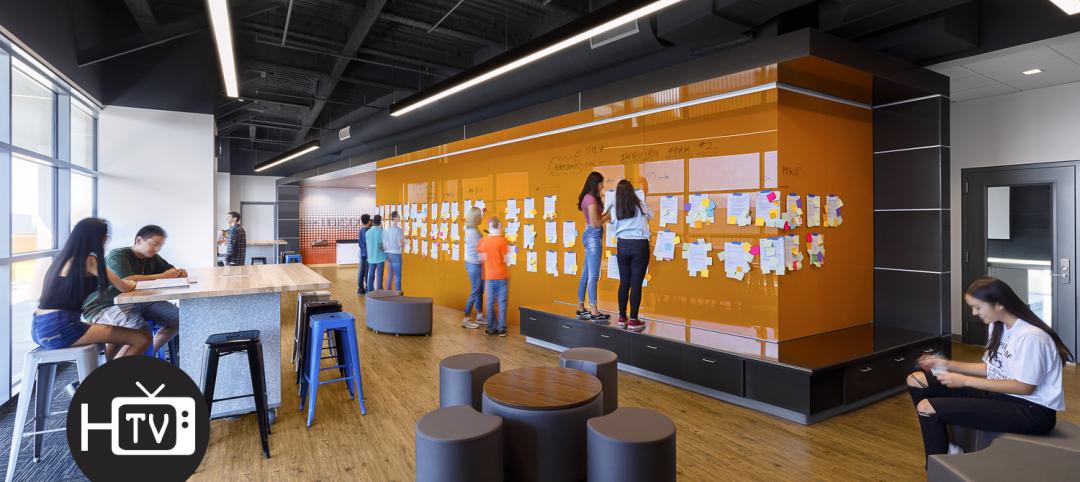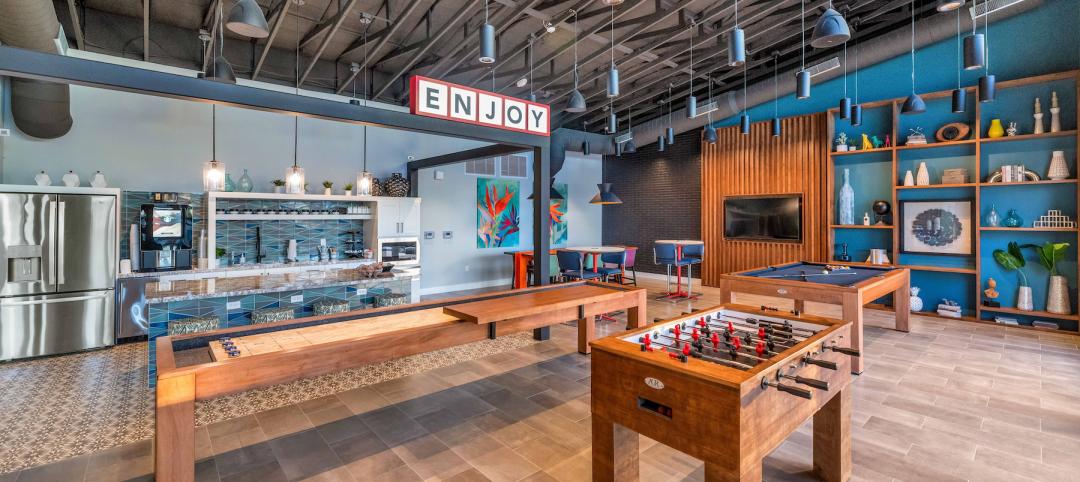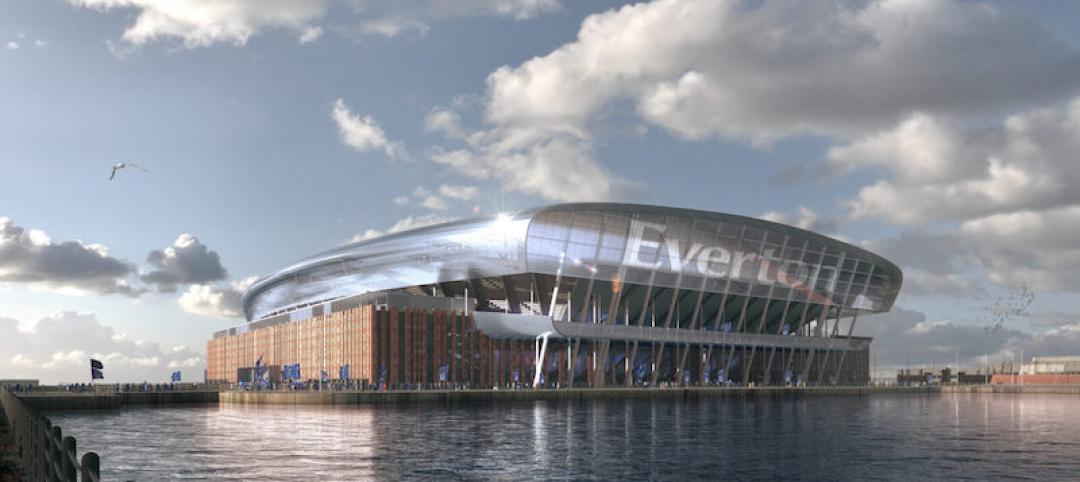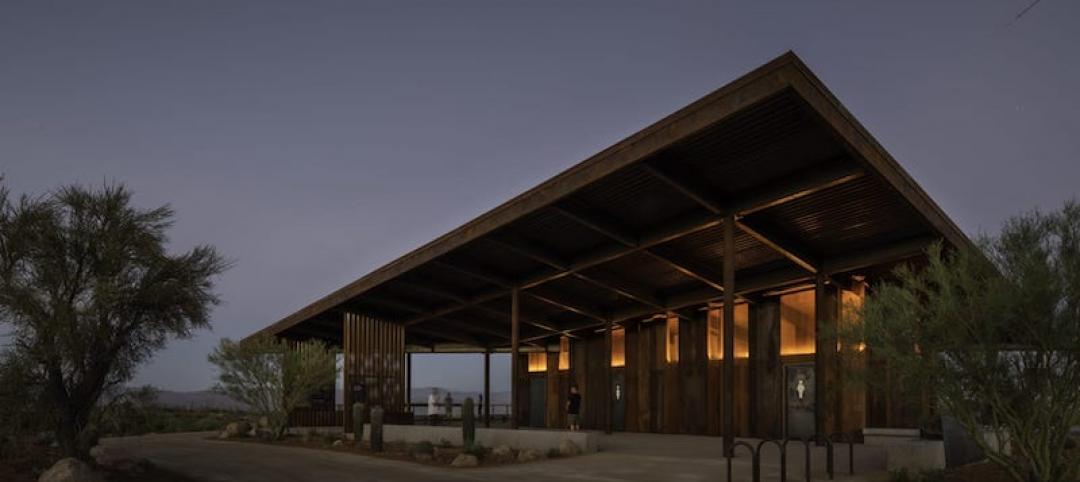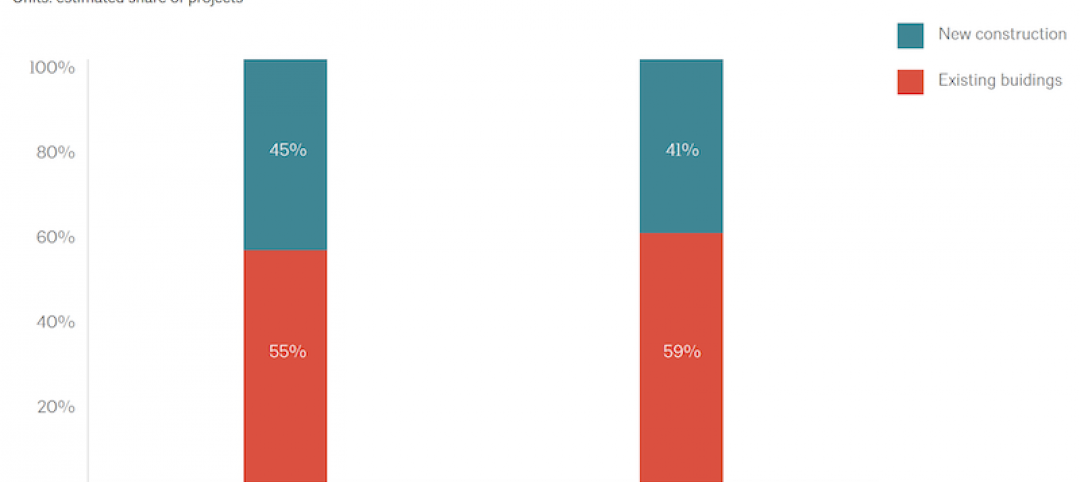Here is a roundup of the most popular AIA/CES Discovery courses on BD+C's continuing education website, BDCUniversity.com. Visit www.BDCuniversity.com to earn 1.0 AIA CES learning units for each successfully completed exam.
1. Applying Modern Energy Codes to Building Envelope Retrofits. When applying current energy codes to existing buildings, a number of issues arise, particularly where the building exterior is concerned. Moreover, envelope assemblies tend to have long life cycles, which can make them difficult and costly to effectively upgrade. www.BDCuniversity.com/applying-modern-energy-codes-building-envelope-retrofits
2. Cool Roofs Can Reduce Peak Energy Demand. This course provides an analysis of the effect of cool or highly reflective roofs in reducing peak demand charges, which may account for a significant portion of monthly electric bills in both new and existing air-conditioned commercial buildings in all North American climate zones. www.BDCuniversity.com/cool-roofs-can-reduce-peak-energy-demand
3. Building Wood Towers: How High Is Up for Timber Structures? The recent push for larger and taller wood structures may seem like an architectural fad—plenty of hype, but only a few dozen completed projects globally. Concrete and steel still rule the world of mid- and high-rise construction. Still, Building Teams around the world are starting to use more large-scale structural wood systems. www.BDCuniversity.com/building-wood-towers-how-high-timber-structures
4. Windows, Doors & Storefronts: Optimizing Safety, Durability, and Client Satisfaction. In nonresidential construction, Building Teams are finding that product and system selection is becoming increasingly complicated, due to increased demands from building occupants, according to fenestration experts. www.BDCuniversity.com/windows-doors-storefronts-optimizing-safety-durability-and-client-satisfaction
5. Guidelines for Designing Low-slope Membrane Roof Systems. Critical aspects of roof system designs are often left unaddressed, resulting in incomplete contract documents. This course identifies the information roofing contractors generally need from roof system designers to provide complete and building code-compliant low-slope roof systems. www.BDCuniversity.com/guidelines-designing-low-slope-membrane-roof-systems
6. Wet-applied Coatings and Finishes for Commercial and Institutional Projects. The rapid pace of development of improved liquid-applied materials and finishes has given Building Teams new options. These sprayable, paintable, or “gunnable” products can add performance and sustainability benefits and reach new levels of resiliency and durability. www.BDCuniversity.com/wet-applied-coatings-and-finishes-commercial-and-institutional-projects
7. Pumped-up Recreation Centers. Sports and recreation used to be confined to dedicated, often isolated, settings. That’s no longer the case. Adopting facility layouts from Asian and European models, today’s sports and recreational buildings are becoming social hubs that accommodate a variety of community needs. www.BDCuniversity.com/pumped-recreation-centers
8. Building Envelope Commissioning: 8 Strategies for Success. Building enclosure commissioning—BECx—is intended to assure building quality by establishing an explicit process to verify that a building enclosure is designed and constructed to meet the owner’s objectives. The concept of building enclosure commissioning has been around for several decades, but it has not been well defined, understood, or utilized. www.BDCuniversity.com/building-envelope-commissioning-8-strategies-success
9. Enhancing Interior Comfort While Improving Overall Building Efficacy. Providing more comfortable conditions to building occupants has become a top priority in today’s interior designs. Optimized daylighting, shading strategies, well-coordinated lighting controls, and underfloor air distribution systems can contribute to improved occupant comfort and energy savings. www.BDCuniversity.com/enhancing-interior-comfort-while-improving-overall-building-efficacy
Visit www.BDCuniversity.com to earn 1.0 AIA CES learning units for each successfully completed exam.
Related Stories
Wood | Jul 16, 2021
The future of mass timber construction, with Swinerton's Timberlab
In this exclusive for HorizonTV, BD+C's John Caulfield sat down with three Timberlab leaders to discuss the launch of the firm and what factors will lead to greater mass timber demand.
Multifamily Housing | Jul 15, 2021
Economic rebound leads to record increase in multifamily asking rents
Across the country, multifamily rents have skyrocketed. Year-over-year rents are up by double digits in nine of the top 30 markets, while national YoY rent growth is up 6.3%. Emerging from the pandemic, a perfect storm of migration, enhanced government stimulus and a hot housing market, among other factors, has enabled this extremely strong growth.
AEC Business Innovation | Jul 11, 2021
Staffing, office changes at SCB, SmithGroup, RKTB, Ryan Cos., Jacobsen, Boldt, and Adolfson & Peterson
AEC firms take strategic action as construction picks up steam with Covid openings.
K-12 Schools | Jul 9, 2021
LPA Architects' STEM high school post-occupancy evaluation
LPA Architects conducted a post-occupancy evaluation, or POE, of the eSTEM Academy, a new high school specializing in health/medical and design/engineering Career Technical Education, in Eastvale, Calif. The POE helped LPA, the Riverside County Office of Education, and the Corona-Norco Unified School District gain a better understanding of which design innovations—such as movable walls, flex furniture, collaborative spaces, indoor-outdoor activity areas, and a student union—enhanced the education program, and how well students and teachers used these innovations.
Multifamily Housing | Jul 7, 2021
Make sure to get your multifamily amenities mix right
One of the hardest decisions multifamily developers and their design teams have to make is what mix of amenities they’re going to put into each project. A lot of squiggly factors go into that decision: the type of community, the geographic market, local recreation preferences, climate/weather conditions, physical parameters, and of course the budget. The permutations are mind-boggling.
Industrial Facilities | Jul 2, 2021
A new approach to cold storage buildings
Cameron Trefry and Kate Lyle of Ware Malcomb talk about their firm's cold storage building prototype that is serving a market that is rapidly expanding across the supply chain.
Multifamily Housing | Jun 30, 2021
A post-pandemic ‘new normal’ for apartment buildings
Grimm + Parker’s vision foresees buildings with rentable offices and refrigerated package storage.
Architects | Jun 30, 2021
Perkins Eastman joins forces with MEIS
MEIS’ work on stadiums and entertainment centers spans the globe with state-of-the-art designs in the U.S., Europe, Asia, and the Middle East.
Architects | Jun 25, 2021
AIA announces Small Project Award recipients
Now in its 18th year, the AIA Small Project Awards program recognizes small-project practitioners for the high quality of their work.
Architects | Jun 24, 2021
Post-pandemic, architects need to advocate harder for project sustainability
An AIA-Oldcastle report looks closer at the coronavirus’s impact on design and construction


